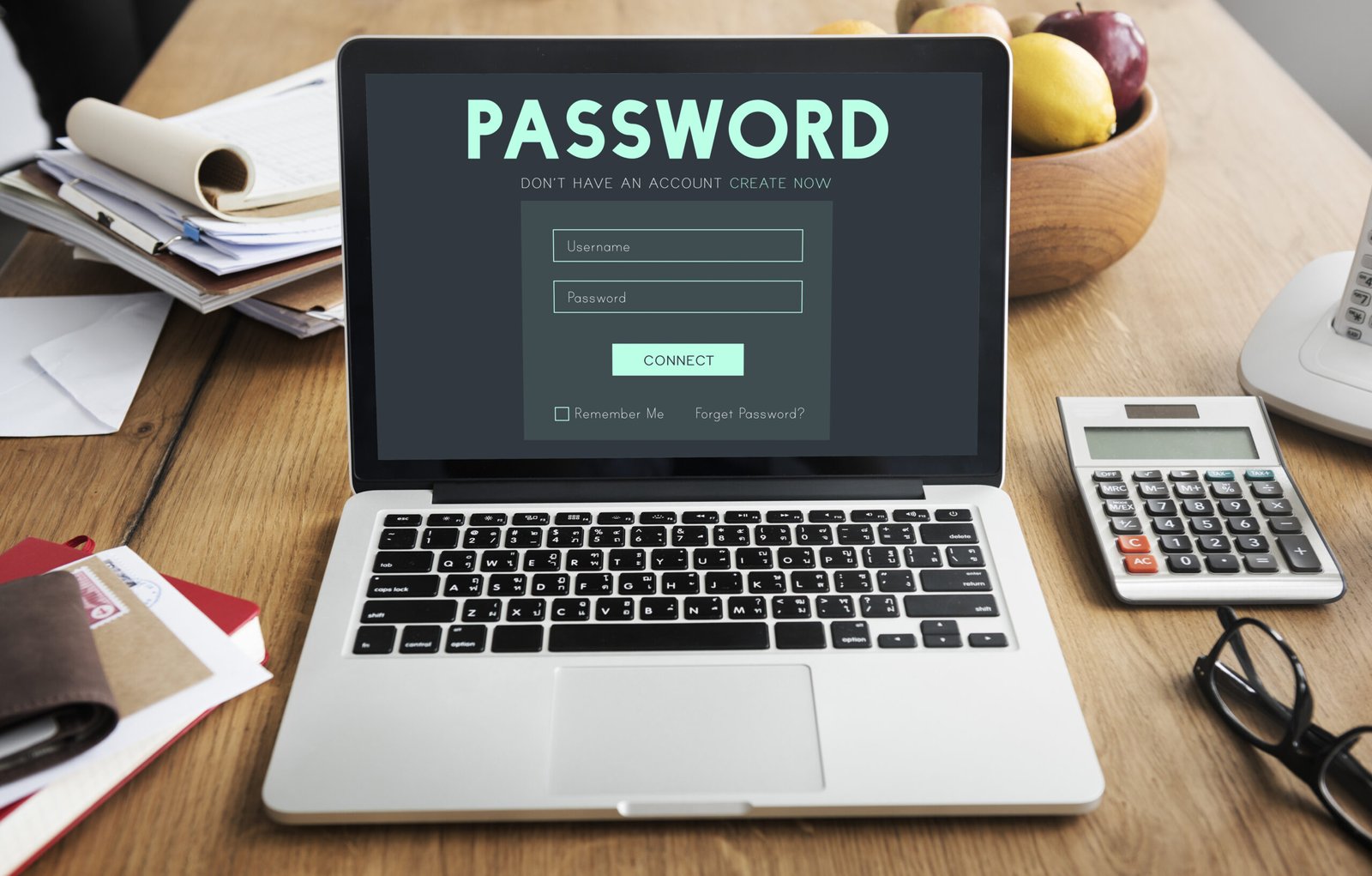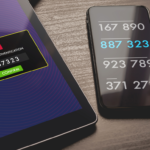our lives are increasingly digital, making online privacy more important than ever. A VPN (Virtual Private Network) is one of the best tools for protecting this privacy. It works by creating a secure, encrypted tunnel between your device and the internet, which hides your online activities and IP address from others
Without a VPN, your data is vulnerable to being intercepted by hackers, government agencies, and even your Internet Service Provider (ISP). They could track what you’re doing online or even exploit your data. Using a VPN ensures that your personal information stays private, making it nearly impossible for anyone to snoop on your activities.
Public Wi-Fi networks, like those in coffee shops or airports, are especially risky. They often lack security, making it easy for cybercriminals to steal your data. A VPN can give you peace of mind, ensuring that your personal info stays safe even when you’re connected to unsecured public networks.
“I’m Not a Person of Interest” – Why That Argument Doesn’t Work Anymore
Many think they don’t need a VPN because they aren’t a “person of interest.” However, hacking has changed:
- Cybercriminals use bots to attack anyone, not just specific targets.
- These automated tools scan the internet for vulnerabilities, meaning anyone can be at risk.
- A VPN ensures your connection is secure, keeping you off the radar of these automated threats.
“I Have Nothing to Hide” – Why Privacy Matters to Everyone
Privacy isn’t just for people who “have something to hide.” It’s a basic right. Here’s why:
- Your data is valuable: Even if you think you have nothing to hide, your internet activity—what you search, where you browse, how long you stream—can be tracked and sold by your ISP or advertisers.
- It’s about control: You should have control over who sees your data. Without a VPN, your ISP knows every site you visit and how long you spend on each. Do you really want that?
- It’s your right: Privacy isn’t a luxury anymore. It’s your right to keep your online activities private, just like you have a right to close the door to your home. You don’t need to justify wanting to keep your internet habits private.
- Security beyond privacy: Even if you think your data is boring, hackers don’t care. They use automated systems to grab data from anyone, which could still lead to identity theft or other risks.
A VPN gives you control over your privacy, ensuring that no one—not even your ISP—knows what you’re doing online.
Reducing Ads and Improving Browsing Experience
Have you ever thought, “OMG, I just searched for this, why am I seeing ads about it on Instagram or Facebook?” One of the added benefits of using a VPN is its ability to significantly reduce the number of ads you see while browsing. Here’s how:
- Blocking Ads: A VPN helps to block trackers that collect your data and use it to serve you targeted ads. While it may not eliminate every single ad, it drastically reduces their volume, leading to a more enjoyable browsing experience. Although it’s not as effective as dedicated AdBlocker apps and specialized DNS services, it is still much better than having no protection at all.
- Preventing Trackers: By masking your IP address and encrypting your traffic, a VPN makes it harder for trackers to analyze your searches and browsing habits. This means you’re less likely to be bombarded with ads that seem to follow you around the web.
Using a VPN improves your browsing experience by providing a cleaner, less intrusive internet environment. You can enjoy your online activities without being constantly interrupted by unwanted advertisements.
What to Look for in a Good VPN Provider
While using a VPN is crucial, choosing the right VPN provider is just as important. You don’t want to go from being tracked by your ISP to being tracked by your VPN provider. Here’s what to look for in a good VPN provider:
- No-logs policy: A trustworthy VPN provider won’t keep records of your browsing activity. This ensures that even if someone tries to access the provider’s data, there’s nothing there to give away your information.
- External audits: Reputable VPN providers are transparent about their operations and allow independent audits to confirm they aren’t keeping logs and are protecting user data.
- Outside the “Seven Eyes”: Make sure your VPN provider is based in a country that’s not part of intelligence-sharing agreements like the Five, Nine, or Fourteen Eyes, which could force the provider to share user data with the government.
- Good reputation: Stick to well-known and reviewed VPN services with a track record of maintaining privacy and security.
Opting for a cheap or untrustworthy VPN puts your privacy at risk. Choosing a reputable, privacy-focused VPN ensures that nobody, not even your VPN, is tracking what you’re doing online.
Securing Your Data on Public Wi-Fi
Public Wi-Fi networks, like those in cafés or airports, are notoriously insecure. A VPN helps protect you by:
- Encrypting your data, making it unreadable to anyone trying to intercept it.
- Creating a secure tunnel for your internet traffic, even on unsecured networks.
- Protecting sensitive info, like passwords and banking details, when using public Wi-Fi.
Accessing Geo-Restricted Content
A VPN allows you to unlock content that’s not available in your region. With a VPN, you can:
- Bypass geographical restrictions by changing your IP address to a different country.
- Access streaming services, websites, or educational resources that are blocked in your area.
- Enjoy an uncensored internet in regions with strict content regulations.
Preventing Bandwidth Throttling by ISPs
Some Internet Service Providers (ISPs) slow down your internet connection based on what you’re doing online. A VPN helps by:
- Hiding your online activity from ISPs, so they can’t selectively slow your connection.
- Ensuring that you get the speeds you’re paying for, whether you’re streaming, gaming, or downloading files.
Enhancing Online Anonymity
A VPN helps protect your identity by:
- Hiding your IP address, making it difficult for websites, advertisers, and hackers to track you.
- Preventing companies from gathering your browsing data for targeted ads.
- Offering essential anonymity for journalists, activists, or anyone in regions with internet censorship.
Safeguarding Against Cyber Threats
A VPN adds multiple layers of security to protect you from cyber threats. It:
- Encrypts your data, making it unreadable to hackers or cybercriminals.
- Blocks access to malicious websites, protecting you from phishing attacks or malware.
- Helps keep your personal and professional information safe from online threats.
Top VPN Providers:
NordVPN: Known for its strong security features and large server network.
ExpressVPN: Offers high-speed connections and a user-friendly interface.
CyberGhost: Provides extensive privacy features and a wide range of servers.
ProtonVPN: Known for its commitment to privacy and strong encryption.
Surfshark: Provides a budget-friendly option with solid security and unlimited device connections.
In short, using a VPN is a simple way to protect your privacy, secure your data, and enjoy a safer internet experience. Privacy is your right, and it’s time to take control of it.





